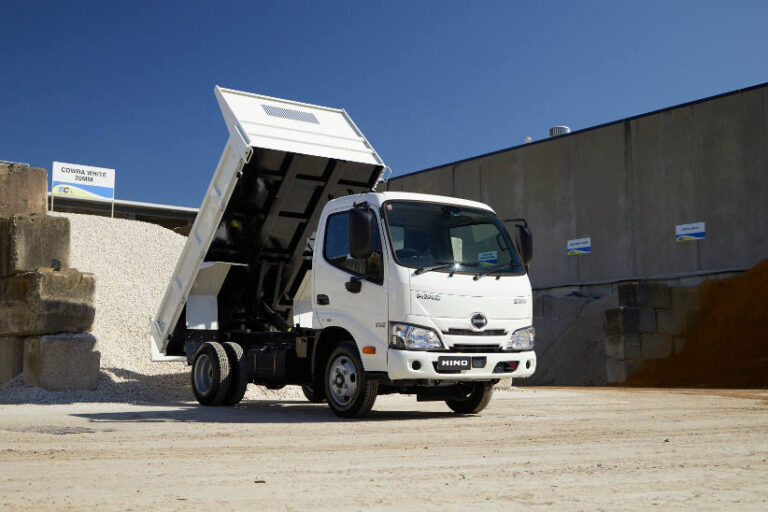The National Heavy Vehicle Regulator (NHVR) is putting Mayors and Councillors on notice that the daily operations of local government may make them a party in the Chain of Responsibility (CoR) under the Heavy Vehicle National Law (HVNL). And ignorance is not a defence.
In the event of a primary duty breach the entity and its executives, rather than an individual employee, are most likely to be held responsible. This is because they have the greatest capacity to control or influence the risk.
Who is a party in the Chain of Responsibility?
The Chain of Responsibility (CoR) is the part of the HVNL that makes off-road parties responsible for the safety of heavy vehicles on the road. It refers to 10 defined parties in the Chain of Responsibility, each of which has a primary duty, under HVNL section 26C to ensure the safety of their transport activities, so far as is reasonably practicable.
Any organisation, including a local government, will be a party in the CoR if they, or their employees on their behalf, perform any of the following CoR functions:
- employ a heavy vehicle driver (employer)
- engage someone to drive a heavy vehicle under a contract for services (prime contractor)
- direct the control and use of a heavy vehicle (operator)
- schedule the transport of goods or passengers in a heavy vehicle, or schedule a driver’s work and rest hours (scheduler)
- consign goods for transport by a heavy vehicle (consignor)
- receive goods delivered by a heavy vehicle (consignee)
- pack or assemble goods for transport in a heavy vehicle (packer)
- manage premises where five or more heavy vehicles are loaded or unloaded each day (loading manager)
- load a heavy vehicle (loader)
- unload a heavy vehicle (unloader)
CoR functions performed by local government
Local governments are responsible for the delivery of a range of vital services for people and businesses. Many of these services, such as waste management and the construction and maintenance of roads and recreational facilities, are done using heavy vehicles. Local governments may also send and receive goods that are transported by heavy vehicles or undertake other activities using heavy vehicles.
Examples
- Employing or contracting drivers of heavy vehicles for the collection of waste, to undertake road construction and road maintenance, to undertake maintenance work on parks, sporting grounds and campgrounds, and to carry out other transport activities including transporting people (Employer/ Prime contractor).
- Directing the control and use of heavy vehicles, including buses. For example, directing an employee to use a heavy vehicle to deliver equipment or plant to a worksite (Operator).
- Scheduling the transport of goods or people in heavy vehicles, including buses and/or rostering heavy vehicle drivers. For example, rostering an employee to carry out waste collection using a heavy vehicle (Operator/ Scheduler).
- Transporting plant and other machinery used for road construction, road maintenance, landscaping, and other maintenance work using heavy vehicles (Operator).
- Loading and unloading of waste, livestock, or feed (at saleyards) or other goods from heavy vehicles (Loader/Unloader).
- Managing the operation of a waste management facility, depot, or saleyard (Loading manager).
- Contracting external heavy vehicle operators to undertake waste collection, road construction or road maintenance, provide bus services, or undertake other transport activities (Prime contractor).
- Arranging for goods, construction material, waste, or livestock to be transported on a heavy vehicle (Consignor/Consignee).
- Using heavy vehicles to receive or forward materials used for road construction and road maintenance, maintenance of recreational facilities, and receiving livestock and/or feed to a saleyard (Consignee/Consignor).
- Livestock effluent management at saleyards where livestock is regularly loaded and unloaded (Loading manager).
What are a local government’s legal obligations as a CoR party?
Local government and their executives are responsible for managing the risks of any transport activities they can control or influence.






